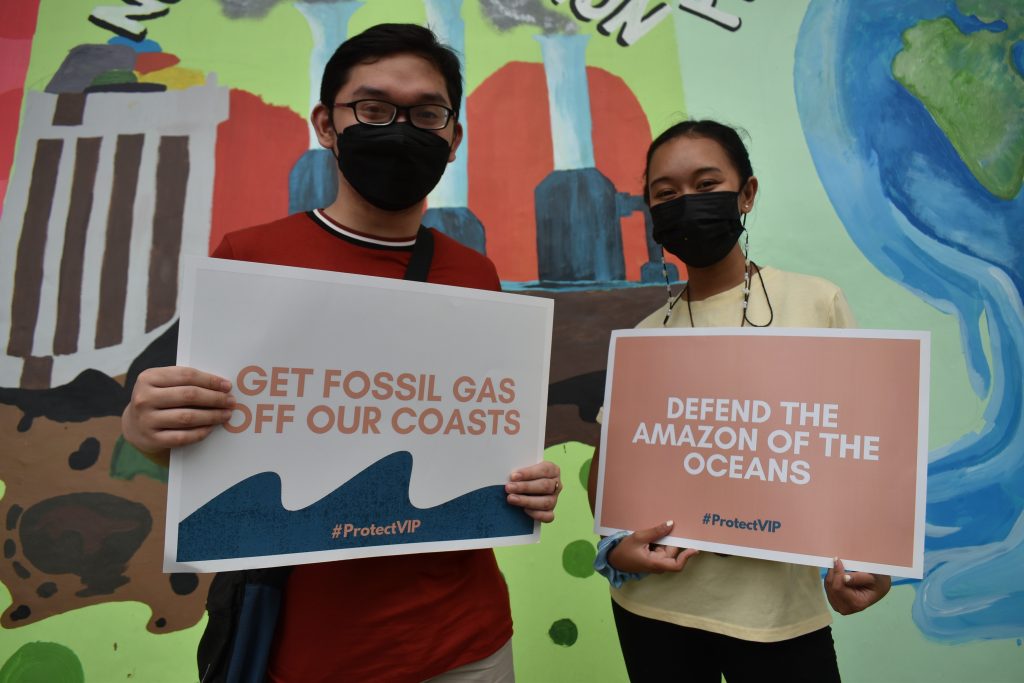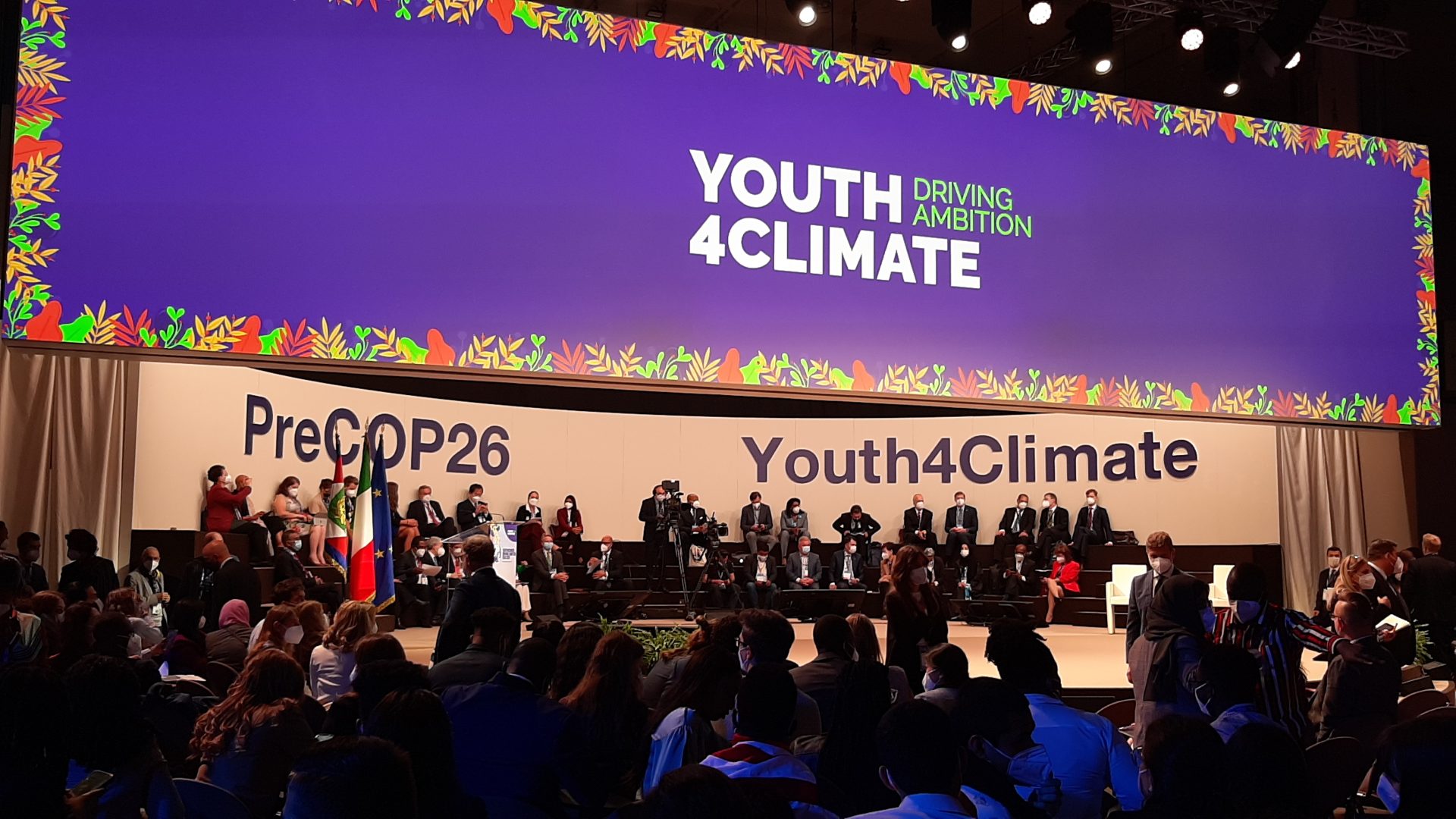What is the meaning of “meaningful youth engagement?”
This is a question I reflected upon as a Philippine delegate to the “Youth4Climate: Powering Action” event last September in New York. The influence of the youth in addressing the climate crisis has become stronger, with their voices being heard in the streets and inside conference halls.
Governments and businesses are taking notice of the impact of the youth, so much so that some are now beginning to use young people as a “curtain” to hide the failures in decision-making and in implementing large-scale climate solutions.
For years, the annual climate negotiations have been criticized for its “youthwashing” when governments and corporations invite young delegates simply to meet a quota and receive a public relations boost.
We have heard politicians saying that the youth are the future and that their voices are being heard. Yet the lack of urgent and sufficient global climate action along with stories from those who have attended the conferences validated the following questions:
- What happens after a youth delegate from the Global South delivers his/her speech in front of heads of states, UN officials, and other sectoral leaders?
- Once a position paper developed by a youth delegation is presented during negotiations, are the recommendations actually taken seriously?
- Do the organizers of high-level events select the same people from the youth sector for certain positions and opportunities again and again?
While last year’s Glasgow climate summit (COP26) featured more youth-specific statements, it is clear that more work needs to be done to achieve meaningful youth engagement across all levels of governance.
This is why holding the Youth4Climate event is important in advancing this agenda. A follow-up to last year’s summit in Milan, it provides space for advocates representing more than 80 nations to share best practices and progress in their respective projects related to adaptation, mitigation, social justice, and other themes.
Focusing this time on implementation instead of ambition, the event gave youth participants a rare opportunity to directly engage with potential project funders from foundations, multilateral institutions, and private entities.
The organizers of the event, the UNDP and the Italian Ministry on Ecological Transition, shared ways to move forward for the establishment of funding opportunities to implement youth-led climate projects and activities in the next 12 months.

Answering the question
Events such as the Youth4Climate present lessons on how to establish a meaningful youth engagement. Many such gatherings have become one-time occurrences without any follow-up, resulting in a “tokenistic” course of action that wastes time and resources and disrespects the ideas and passion of the young.
What we, the youth, have been clamoring for are concrete ways forward.
This year’s Youth4Climate event shows that not only youth-oriented strategies can be implemented for climate action, but also inputs are being taken seriously by institutions.
Sharing knowledge and power in partnerships is vital to further empower the young to enact solutions and influence different aspects of decision-making.
Bridging the gaps and removing barriers are important in empowering the youth. In this aspect, the event fell short as many of the delegates were not able to participate due to travel-related issues. This needs to be remedied in future events to improve inclusivity.
Ultimately, meaningful youth engagement needs to generate results. There must be a commitment from decision-makers to adopt our contributions into legally-binding documents. These contributions must be enabled and translated into measurable influence on adaptation and mitigation solutions, especially those that benefit the well-being of the youth sector.
This year’s Youth4Climate event is a key step forward in meaningful youth engagement, but it cannot be limited to within this space. Similar steps need to occur in processes under the UN Framework Convention on Climate Change, within spaces for regional and national governance, and even in the local levels.
Let us remember that youth participation is a human right because they are the ones with the most at stake when it comes to the climate crisis issue. They have the right to meaningfully engage in decision-making processes.
So far, we have lived up to our end of the deal. We have been progressive, even radical at times, in challenging individuals and systems that have been responsible for the climate crisis. We have been maximizing every opportunity available to present our ideas, enforce our solutions, and influence decision-making.
John Leo is deputy executive director for Programs and Campaigns of Living Laudato Si’ Philippines and a member of the interim Secretariat of Aksyon Klima Pilipinas. He represented the Philippines in the New York City Climate Week in September 2022.







